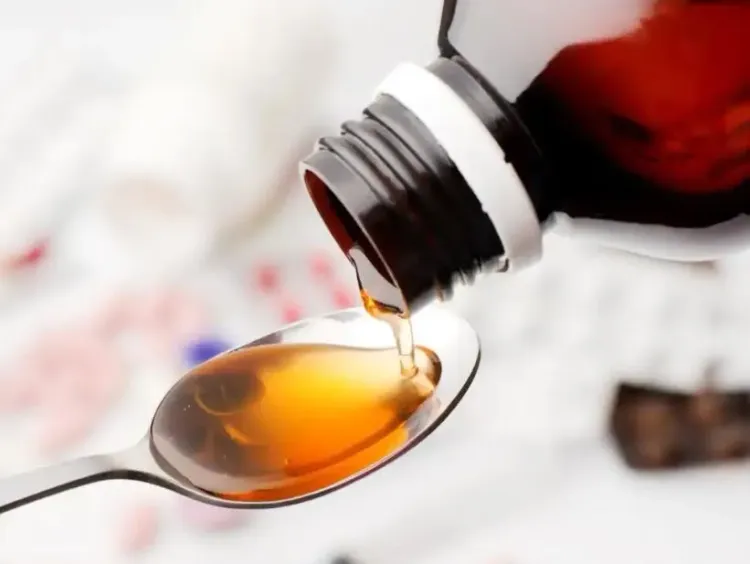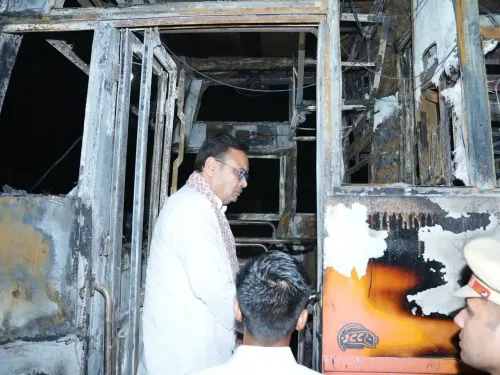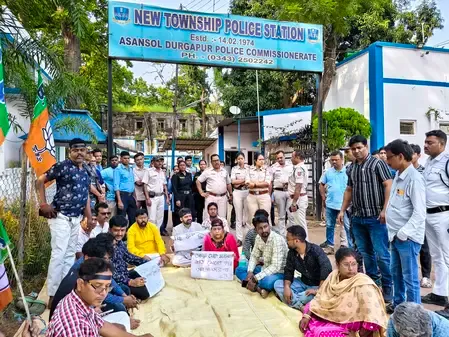Has WHO Identified Contaminated Cough Syrups in India, Including Coldrif?

Synopsis
Key Takeaways
- The WHO has flagged three contaminated cough syrups made in India.
- Coldrif is one of the syrups linked to child fatalities.
- DEG contamination levels in Coldrif were alarmingly high.
- Regulatory actions are being taken against the manufacturers.
- A national advisory has been issued regarding cough syrup prescriptions for children.
New Delhi, Oct 14 (NationPress) The World Health Organisation (WHO) has flagged three contaminated syrups produced in India, notably the notorious Coldrif cough syrup, and has called on global authorities to notify the agency if any of these products are discovered in their countries.
This announcement follows the tragic deaths of several children in Madhya Pradesh, which were associated with the use of tainted cough syrup.
Among the contaminated syrups highlighted by the WHO is Coldrif, which has generated significant outrage after the reported fatalities.
The global health organization pointed out specific batches of Coldrif from Sresan Pharmaceuticals, Respifresh TR from Rednex Pharmaceuticals, and ReLife from Shape Pharma as being compromised.
The WHO cautioned that these syrups could result in severe and life-threatening health issues.
Manufactured in Tamil Nadu, Coldrif raised alarm bells after it was discovered to be dangerously contaminated with the hazardous chemical diethylene glycol (DEG).
Tests showed DEG levels surpassing 48 percent — a shocking figure well over the permissible limit of 0.1 percent.
In response, Sresan Pharmaceuticals had its manufacturing license revoked, and its owner, G. Ranganathan, was arrested.
Authorities have also initiated a thorough inspection of other pharmaceutical manufacturers across the southern state to uncover any potential quality control issues.
The tragic deaths of children in Madhya Pradesh prompted the Central Government to issue a cautionary advisory to all states and union territories, calling for heightened vigilance in prescribing cough syrups for children.
The advisory specifically indicated that such medications should not be prescribed to children under two years of age and are generally discouraged for those below five.
Health officials have stressed that this incident underscores the urgent necessity for stricter regulatory oversight in the pharmaceutical manufacturing sector to avert similar calamities.









